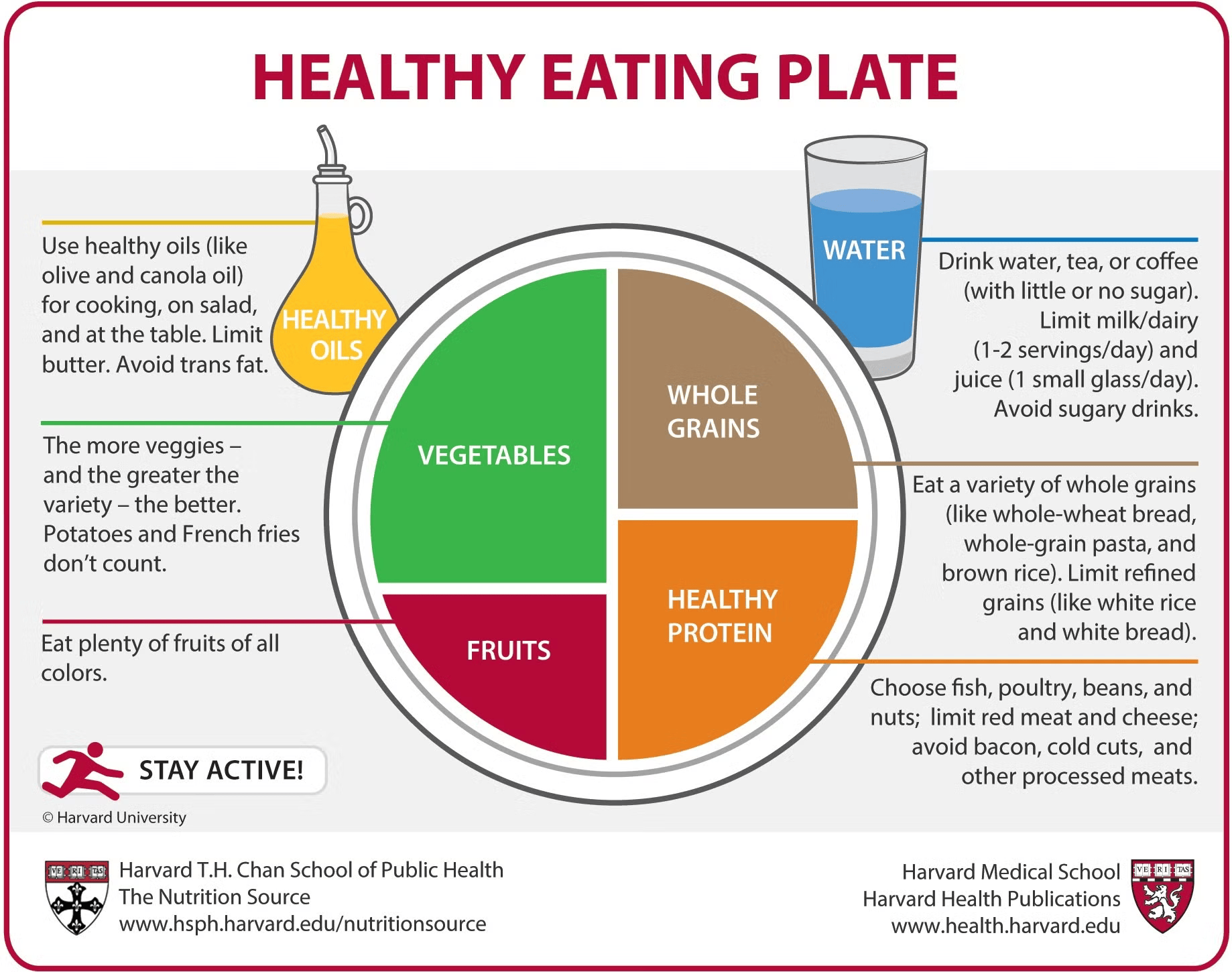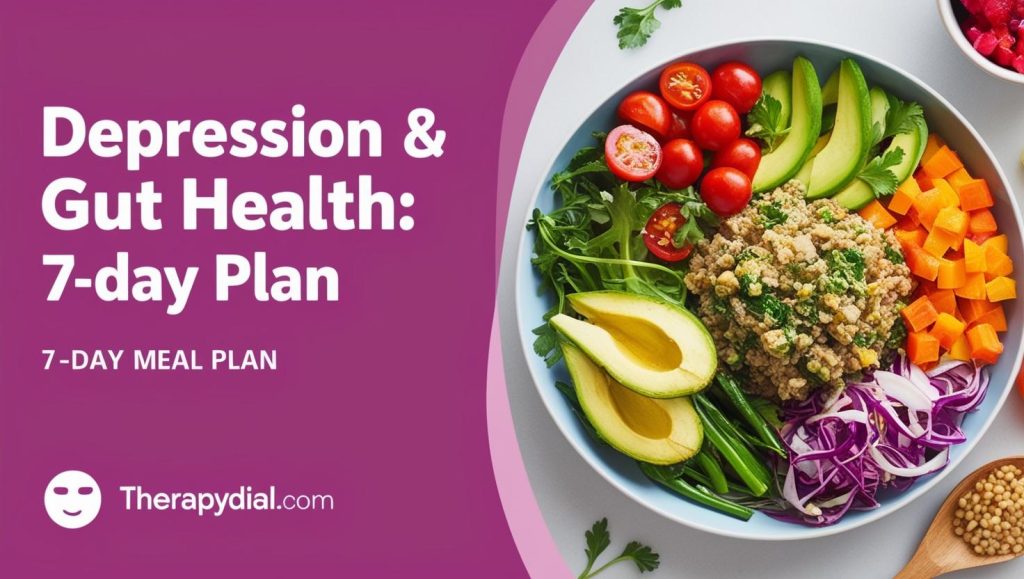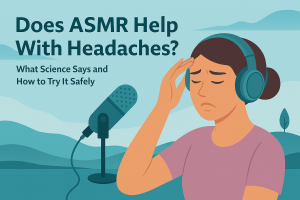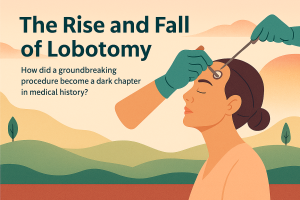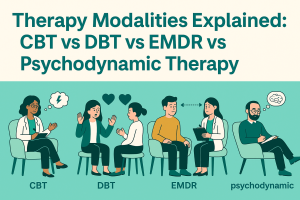If you’ve ever stood in front of the fridge thinking, “I know food affects my mood—but I don’t have the bandwidth to cook,” this guide is for you. Below is a realistic, Mediterranean-style Depression & Gut Health: 7-Day Meal Plan that pairs probiotics with prebiotic fiber, stabilizes energy, and includes no-cook fallbacks for the days motivation dips. As a clinician who helps New Yorkers build routines that stick, I’ll give you the why and the how—plus grocery lists, bodega shortcuts, and troubleshooting so you can start tonight.
Key Takeaways
- Build meals around a probiotic + prebiotic pair (e.g., kefir + oats; yogurt + banana; kimchi + brown rice) to nourish your microbiome and support mood.
- Use a Mediterranean-style template—plants, whole grains, legumes, nuts/seeds, olive oil, and fish—rather than hunting for “magic” foods.
- For bad days, include a no-cook backup next to every meal idea. Consistency beats perfection when you’re working on depression and gut health.
- Protect sleep and energy with steady meals, an afternoon caffeine cut-off, and gentle evening choices. For extra help, see our CBT-I sleep reset and ASMR sleep techniques.
- If symptoms persist or life narrows, pair the plan with therapy. Explore DIY CBT exercises or science-backed stress relief.
The Gut–Brain Axis, in Plain English
Your gut is home to trillions of microbes that help digest food, make short-chain fatty acids (like butyrate), and “talk” to your brain through immune, endocrine, and neural pathways. Several reviews link Mediterranean-style patterns to better mood outcomes over time, likely through lower inflammation and steadier blood sugar. For a readable introduction, Harvard Health’s coverage of nutritional psychiatry is a solid start, and the NCCIH overview of mindfulness can round out your routine when stress spikes.
External reading: Harvard Health: Nutritional psychiatry • Mediterranean pattern & brain • NCCIH: Mindfulness
Simple Rules Before You Start
- Eat within 2 hours of waking. A balanced breakfast anchors blood sugar and mood.
- Plate template: half plants, a quarter whole grains or starchy veg, a quarter protein, + olive oil or nuts/seeds.
- Pair probiotics + prebiotics daily. Think “live cultures + fiber” (yogurt + banana, kimchi + brown rice, miso + tofu + veggies).
- Hydration & caffeine: 8+ cups fluids; cap caffeine by early afternoon to protect sleep. If sleep is fragile, our CBT-I guide helps.
- “Start low, go slow.” Increase fermented foods gradually to avoid bloating. If you’re on medication and notice GI changes, space fiber/probiotic foods away from pills for comfort and talk with your clinician.
The 7-Day Depression & Gut Health Meal Plan
For each day you’ll see three paths: Cook (when energy is okay), Low-effort Swap (5-minute assembly), and No-cook Backup (open-and-eat). NYC bodega shortcuts included. The goal: keep your Depression & Gut Health: 7-Day Meal Plan moving even on tough days.
Day 1 — Probiotic + Omega-3 Start
Breakfast (Cook): Kefir smoothie (kefir, banana, oats, flax). Swap: drinkable kefir + banana. No-cook: Greek yogurt cup + chia.
Lunch: Quinoa-chickpea tabbouleh with herbs & EVOO. Swap: canned chickpeas over bagged salad + vinaigrette. No-cook: lentil soup (shelf-stable) + side salad.
Dinner: Salmon, farro, garlicky greens. Swap: tinned sardines + microwavable brown rice + spinach. No-cook: whole-grain wrap with hummus, arugula, olives.
NYC shortcut: bodega kefir, bananas, chickpeas, bagged salad, sardines, microwave rice.
Day 2 — Plant-Forward & Fermented
Breakfast: Overnight oats (oats, yogurt, berries, walnuts). Swap: instant oats with hot water + yogurt on top. No-cook: yogurt + granola.
Lunch: Brown-rice bowl with tofu, kimchi, cucumbers, sesame. Swap: pre-cooked tofu + microwave rice + jarred kimchi. No-cook: hummus box + crudité + whole-grain crackers.
Dinner: Mediterranean tuna bowl (tuna, chickpeas, tomatoes, herbs, EVOO). No-cook: same bowl with canned beans only.
Day 3 — Fiber & Polyphenols
Breakfast: Whole-grain toast, ricotta, berries, drizzle honey. No-cook: yogurt + frozen berries (thaw a few minutes).
Lunch: Lentil-veggie soup + side salad with EVOO/lemon. Swap: boxed soup + mixed greens.
Dinner: Miso-ginger veggie stir-fry + edamame, served over barley. Swap: frozen stir-fry veg + microwave barley.
Day 4 — Comfort, But Balanced
Breakfast: Peanut-butter banana oatmeal. No-cook: banana + nut-butter sachet + yogurt.
Lunch: Mediterranean chopped salad (cucumber, tomato, olives, feta, chickpeas). Swap: grab pre-chopped salad kit + add beans.
Dinner: Baked chicken thighs, roasted sweet potatoes, broccoli. Swap: rotisserie chicken + bagged slaw + sweet-potato wedges (frozen).
Day 5 — Fish Friday (or Tofu)
Breakfast: Kefir + oats + cinnamon shake. No-cook: yogurt + oat packet.
Lunch: Sardine toast (whole-grain), arugula lemon salad. Swap: canned salmon if sardines are too strong.
Dinner: Pasta e ceci (pasta + chickpeas + tomatoes + garlic) with extra spinach. Swap: canned soup + bagged greens.
Day 6 — Batch Once, Eat Thrice
Breakfast: Yogurt parfait (berries + nuts).
Lunch: Sheet-pan roasted veg + farro + tahini-lemon drizzle (make extra for tomorrow).
Dinner: Tofu or chicken gyros in whole-grain pita with tzatziki + tomato/cucumber.
Day 7 — Gentle Evening & Reset
Breakfast: Soft-scramble eggs, sautéed greens, toast. No-cook: cottage cheese + fruit.
Lunch: Leftover sheet-pan bowl + beans for extra fiber.
Dinner: Simple baked salmon (or white beans + EVOO + herbs), quinoa, steamed veg. Evening snack if needed for sleep: banana + yogurt.
Why this works: you’re stacking the big three daily—fiber (prebiotics), fermented foods (probiotics), and anti-inflammatory fats—inside a steady routine. That’s the heart of a practical Depression & Gut Health: 7-Day Meal Plan.
Grocery Lists (Regular • Budget • “Only Bodega”)
Regular List (1 person, 7 days)
- Probiotics: kefir, plain Greek yogurt, kimchi or sauerkraut, miso paste.
- Prebiotic/Fiber: oats, barley/farro, brown rice, chickpeas, lentils, beans, bananas (slightly green), onions/garlic, leafy greens, broccoli.
- Fats/Protein: salmon or sardines, eggs, tofu/tempeh, walnuts/almonds, extra-virgin olive oil.
- Produce & flavor: berries (fresh/frozen), citrus, tomatoes, cucumbers, herbs, tahini, spices.
Budget List
- Canned fish, canned beans, dry lentils, store-brand oats/rice, frozen veg/fruit, bulk nuts/seeds.
- Olive oil (small bottle), lemons, onions, garlic, bagged salad or coleslaw mix.
“Only Bodega” List
- Kefir drink or yogurt cups, bananas, bagged salad, canned chickpeas/beans, microwave brown rice, canned tuna/sardines, whole-grain wraps/crackers, nuts.
Need structure support? Pair your plan with CBT therapy in NYC or try quick reframes with our DIY CBT distortions guide.
Make It Real on Low-Motivation Days
No-Cook Matrix (3 ingredients → meal)
- Yogurt + banana + oats/chia
- Microwave rice + beans + salsa/kimchi
- Whole-grain wrap + hummus + arugula
- Cottage cheese + berries + walnuts
- Tuna + chickpeas + olive oil/lemon
Batch Once, Eat Thrice
Roast a big tray (broccoli, peppers, onions, sweet potatoes) with olive oil, salt, pepper. Cook farro or brown rice. Mix and match with salmon, canned beans, tofu, or chicken all week.
3-Minute Reset When You Want to Skip Meals
- Notice: name one emotion + one body sensation (“overwhelmed + tight chest”).
- Breathe: inhale for 4, exhale for 6, one minute.
- Decide: pick the easiest item from the matrix and set a 5-minute timer.
For stress spirals, use science-backed stress tools. If social anxiety blocks grocery runs, try 5 at-home CBT techniques to warm up.
Troubleshooting & Special Cases
“Fermented foods give me bloating.”
Start with 2–4 tablespoons daily and increase every few days. Rotate options (kefir one day, yogurt the next). If symptoms persist, take a break and re-introduce later.
“I crave ultra-processed snacks at night.”
Add protein + fiber earlier (nuts, yogurt, beans) and make swaps visible (berries on the top fridge shelf; nuts on the counter). If sleep is off, cravings follow—use our CBT-I reset to get back on track.
IBS or low-FODMAP needs
You can still follow the template—swap onions/garlic for infused oil, choose lower-FODMAP beans (canned, well-rinsed), and watch portions. Consider working with a registered dietitian.
Medication + gut changes
Fiber and probiotics are food-based and generally safe. If your medication causes GI upset, try spacing higher-fiber meals away from dosing for comfort. Always follow your prescriber’s guidance.
Why This Plan Supports Mood
Think of this as a gentle, daily nudge to your biology. Fiber feeds gut microbes that produce short-chain fatty acids; those help regulate inflammation and gut barrier integrity. Fermented foods add live cultures that may improve microbial diversity. Steadier blood sugar—thanks to protein, fiber, and healthy fats—keeps energy and focus more stable, which makes it easier to follow through on therapy homework, sleep routines, and exercise.
And that follow-through matters. In sessions, I often see patients light up when three small things change at once: a predictable breakfast, a short evening wind-down, and a five-minute “reset” before dinner. Mood lifts not because you chased perfection, but because you built reliable signal to the brain that you’re safe, nourished, and consistent.
Want a Personalized Plan?
Nutrition is one lever. The full picture includes habits, thought patterns, and stress tools that fit your life. If you want support turning this into a routine, we can help.
If You Need Immediate Support
If you’re thinking about harming yourself or feel unable to stay safe, seek help now. In the U.S., call or text 988 (Suicide & Crisis Lifeline) or go to the nearest ER/ED. If you’re outside the U.S., search for local crisis resources in your area.
FAQs
Is there a proven “depression diet” that cures symptoms?
No single diet cures depression. But Mediterranean-style patterns are linked with better mood outcomes in several studies. This 7-day plan uses that template while adding practical supports for low-energy days.
Do probiotics help depression directly?
Research is mixed. Food-first strategies (yogurt, kefir, kimchi) are a gentle starting point. Introduce slowly to avoid GI discomfort and focus on consistency over time.
How much fiber should I aim for each day?
A common target is around 25–38 grams daily. Many people benefit from ~30 g, added gradually to keep digestion comfortable.
What are the best fish choices for mood and gut health?
Salmon, sardines, and mackerel are rich in omega-3s (EPA/DHA). Two or three servings a week is a practical goal; canned options are budget-friendly and shelf-stable.
Can I follow this plan as a vegetarian?
Absolutely. Swap fish for tofu/tempeh and use beans, lentils, eggs, yogurt, and nuts/seeds for protein. Keep probiotic + prebiotic pairings daily.
Is coffee bad for depression and gut health?
It depends on your sensitivity. If coffee worsens anxiety or disrupts sleep, reduce or cap earlier in the day. Sleep quality is crucial for mood stability.
Can I do low-FODMAP and still support my mood?
Yes. Use low-FODMAP swaps (e.g., garlic-infused oil, canned/rinsed beans in small portions, firm bananas). Consider working with a dietitian for personalization.
Do I need supplements like fish oil or probiotics in a capsule?
Food-first wins for most people. Some may benefit from fish oil or a specific probiotic, but discuss dosing and interactions with your clinician.
How fast might I feel a difference on this plan?
Many notice steadier energy and fewer crashes within 1–3 weeks. The biggest shifts tend to come when nutrition is paired with sleep and stress routines.
Where can I get help sticking to the plan when motivation dips?
That’s where therapy helps. Our team can scaffold habits, reduce all-or-nothing thinking, and build plans that survive tough weeks. Book a callback.
